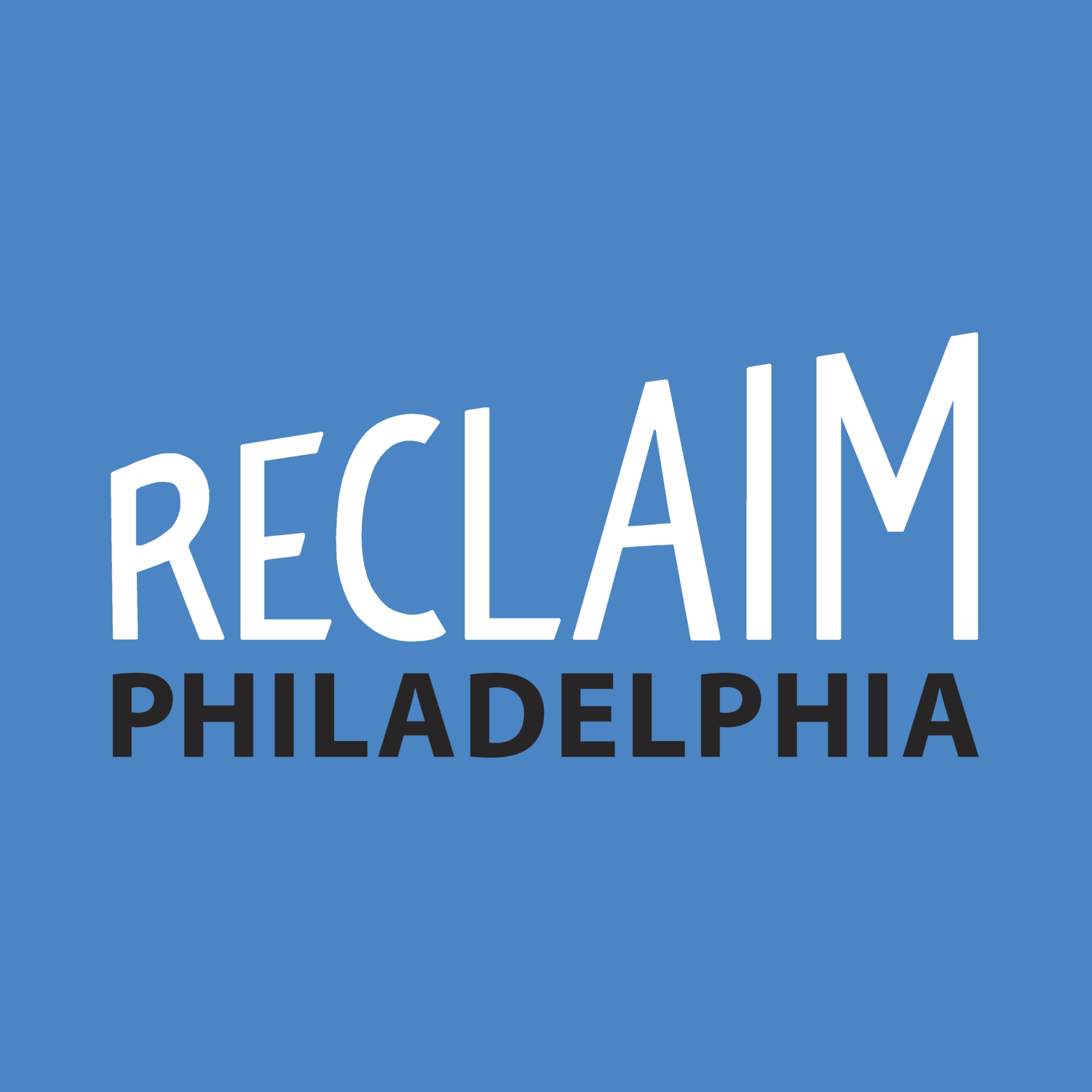MASS LIBERATION SCHOOL: WEEK 3 Family Separation — The Intersecting Harms of Prisons, DCFS, and ICE
Facilitator: Nancy Nguyen, VietLead
“These are the lessons young people who are locked up learn instead: to close off their emotions, shut down their intellect, quell their individuality, avoid forming connections, and view all interactions through the prism of Power.” –Nell Bernstein, Burning Down the House: The End of Juvenile Prison
So far, this course has focused broadly on the prison industrial complex, its history, and impact on incarcerated folks and survivors. But what about the people left behind? What about the parents who have had a child taken from them by CPS or incarcerated in a juvenile facility? What about the children whose parents are locked up and unable to care for them? What about immigrant communities, who have historically been subjected to family separation and are currently fighting against it? Why do we break up so many families and what are the effects of that? When we try to solve a problem by locking someone up, we are never just punishing that individual. Each of us exists in the complex context of others, and these people often are punished just as much as the person behind bars.
This section is going to look at this phenomenon, which is often lost in many conversations about abolition and the criminal punishment system at large. What problems does this create? What messages does it send and reinforce? Who benefits from breaking up families? This section will require some vulnerability, a lot of respect, and patience. It may bring up painful memories for folks with incarcerated loved ones. It is important to name these issues, however, and incorporate them into our thinking about abolition.
Helpful Resources:

